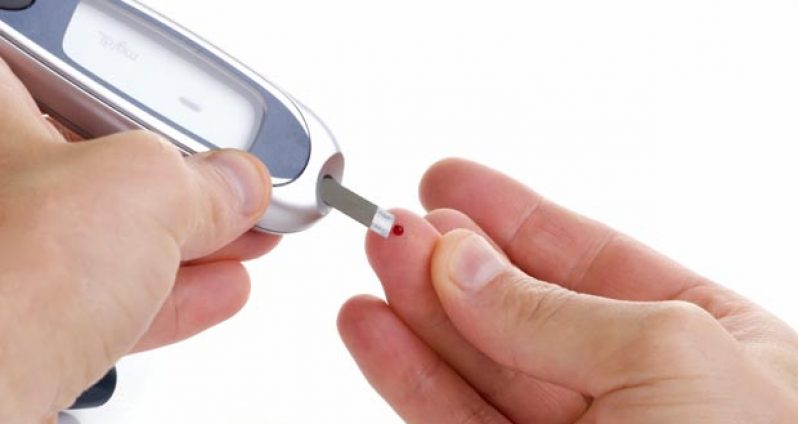Many patients with stroke usually find it difficult to accept the changes as a result of their illness. A stroke is a life-changing event that can affect your emotional well-being as much as your physical function. Patients usually experience feelings of helplessness, frustration, depression and apathy,  mood changes and less of a sex drive. Regardless of the changes that one may experience as a result of stroke, remember acceptance and rehabilitation is the key to success. Stroke patients need to maintain their self- esteem, connections to others and interest in the world as essential parts of their recovery. There are lots of strategies that can help patients and their caregivers. These strategies are discussed below:
mood changes and less of a sex drive. Regardless of the changes that one may experience as a result of stroke, remember acceptance and rehabilitation is the key to success. Stroke patients need to maintain their self- esteem, connections to others and interest in the world as essential parts of their recovery. There are lots of strategies that can help patients and their caregivers. These strategies are discussed below:
• Please don’t be hard on yourself. Accept that physical and emotional recovery will involve tough work and that it will take time. Aim for a “new normal,” and celebrate your progress. Allow time for adequate rest.
• You need to get out of the house even if it’s hard. Try not to be discouraged or self-conscious if you move slowly and need a cane, walker or wheelchair to get around. If you do not have one of these, then you can purchase one or seek help from rehabilitation institutions. Getting out is good for you.
• Join a support group. Meeting with others who are coping with a stroke lets you get out and share experiences, exchange information, and forge new friendships. This will make a stroke patient feel worthwhile.
• Let friends and family know what you need. People may want to help, but they may not know what to do. Let them know how they can help, such as by bringing over a meal and staying to eat with you and talk, or attending social events or religious activities.
• Know that you are not alone. There are so many people around the world who are suffering from stroke and there are many who are worse then you.
One of the most frustrating effects of stroke is that it can affect a patient speech and language. Here are some tips to help you and your caregivers cope with communication challenges:
• Practice will help. Try to have a conversation at least once a day. It will help you learn what works best for you, feel connected and rebuild your confidence.
• Relax and take your time. Talking may be easiest and most enjoyable in a relaxing situation when you have plenty of time. Some stroke survivors find that after dinner is a good time.
• Say it your way. When you’re recovering from a stroke, you may need to use fewer words, rely on gestures or use your tone of voice to communicate.
• Use props and communication aids. You may find it helpful to use cue cards showing frequently used words, pictures of close friends and family members, or daily activities, such as a favorite television show or the bathroom.
Please feel free to send an email to kumarsukhraj@yahoo.com or call 6228032 for further enquiry and discussion on the topic. Patient education plays an important in the diagnosis and management of any illness. Please look forward for a continuation of the discussion on health issues in the next publication.
(By. Dr. Kumar Sukhraj)



.jpg)









